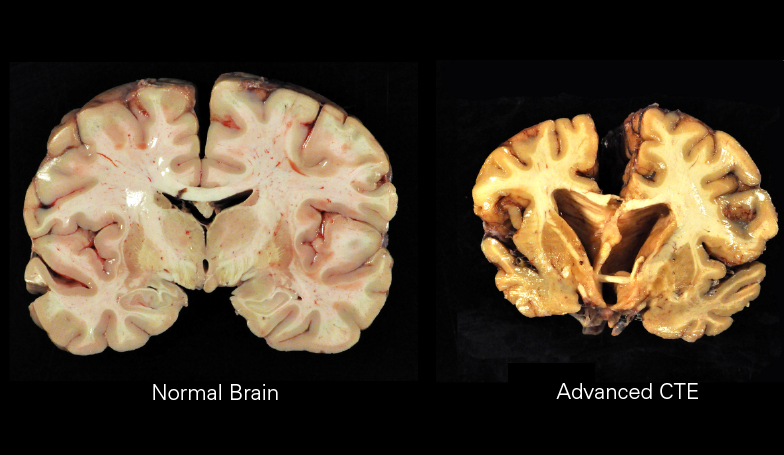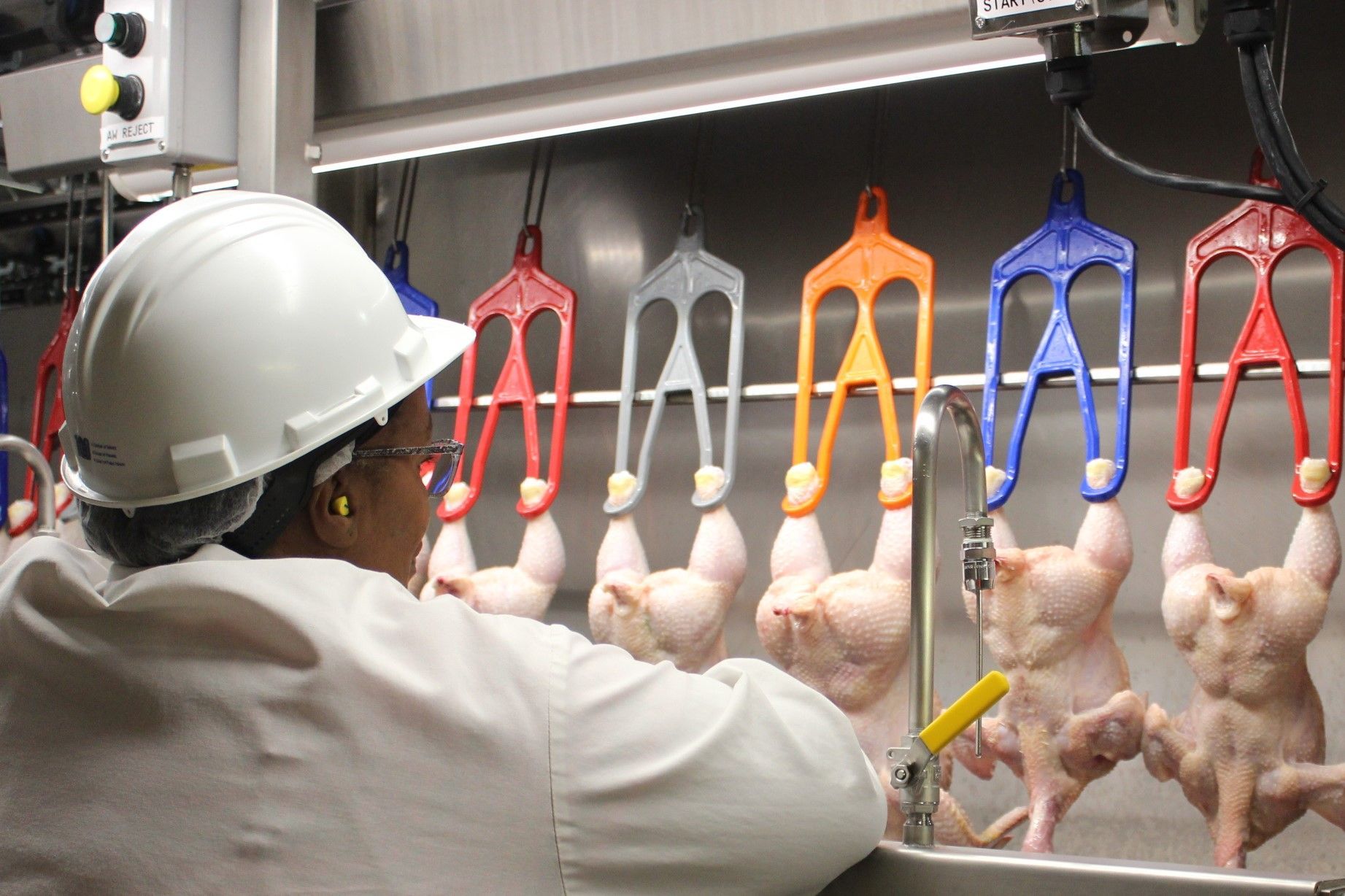MURDER, INC AVAILABLE SOON
– INTRODUCTION BY ERIN BROCKOVICH
"Murder, Inc. educates purchasers, workers, and users to take steps to protect themselves and, hopefully, induce companies to use proactive production methods and recognize that the public wants safer products and will pay for them.
This review of the safety of the products we use daily is a book for our times. We need to read and understand it. While we benefit from this era of progress, we are
all at great risk, especially when our government is determined to let us down."
— MICHAEL R. LEMOV
AUTHOR OF THE CONSUMER PRODUCT SAFETY ACT
"Making former officials in the supplement industry become the chief regulators of that industry at the FDA is like having the fox guarding the henhouse."
— MICHAEL JACOBSON
EXECUTIVE DIRECTOR OF THE CENTER FOR SCIENCE IN THE PUBLIC INTEREST
ABOUT MURDER, INC
In this hard-hitting expose, Dr. Gerald M. Goldhaber examines the outcomes when corporate profits trump public safety. He uncovers the dismal history of government regulatory agencies that are supposed to protect us, but instead appoint leaders who come and go from the same industries they’re tasked to regulate. And while our modern conveniences make life easier and more enjoyable than previous generations, we also face new dangers of the digital age. The hacking of autonomous cars, misuse of private information collected by smart devices, and renegade programming glitches in smart homes and offices are just a few scenarios confronting us in the near future. The companies who produce these innovations need to ensure they’re fail-safe, or face hefty lawsuits if and when things go wrong.
Principled disclosure of hidden hazards is an industry – and regulatory – necessity. We can only make informed choices and avoid needless injury and death when we know all the facts. Dr. Goldhaber recommends twelve steps to take control of our safety, and outlines a model of corporate responsibility and government regulation that balances public safety measures and company profits to the benefit of all.
















